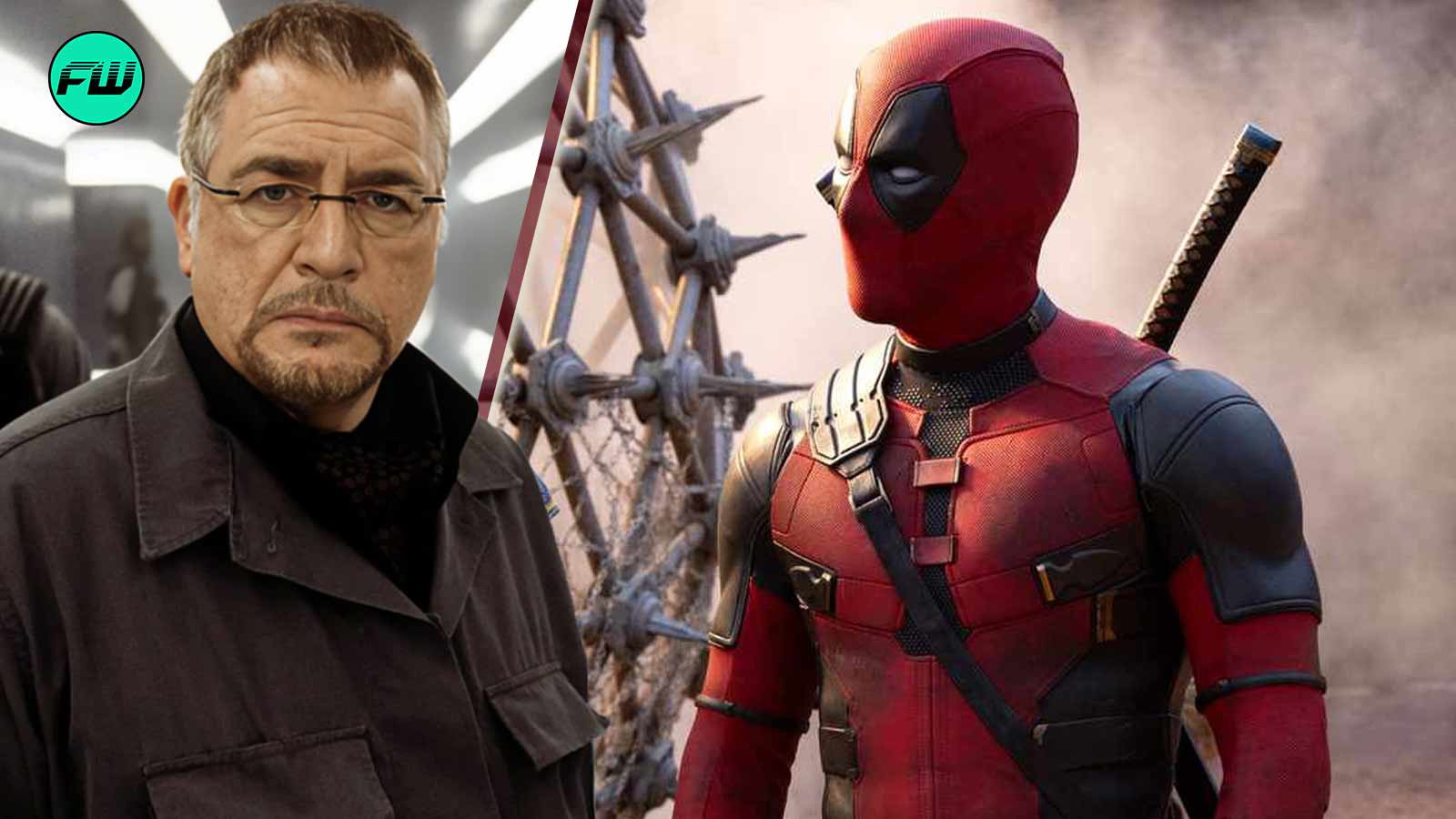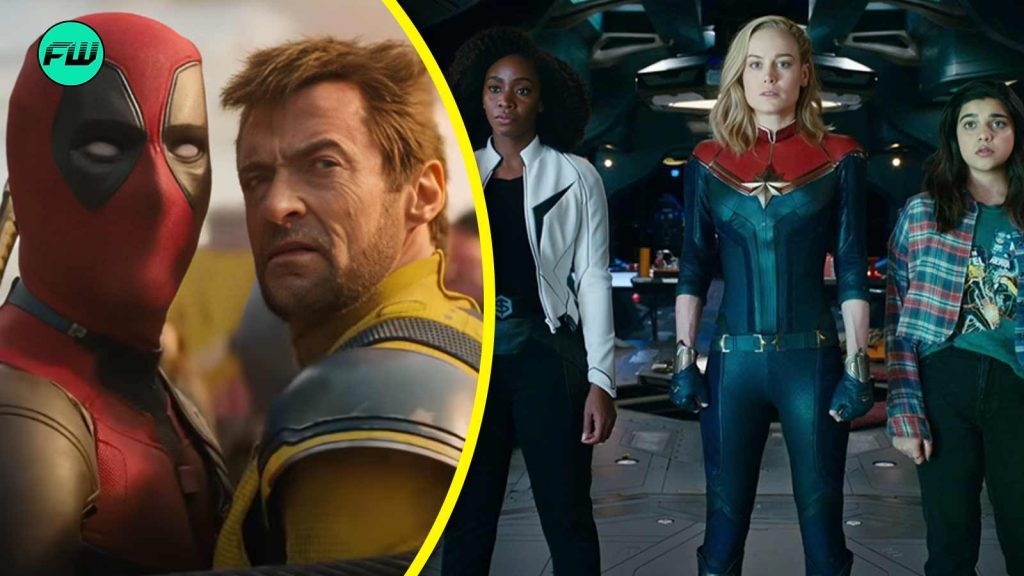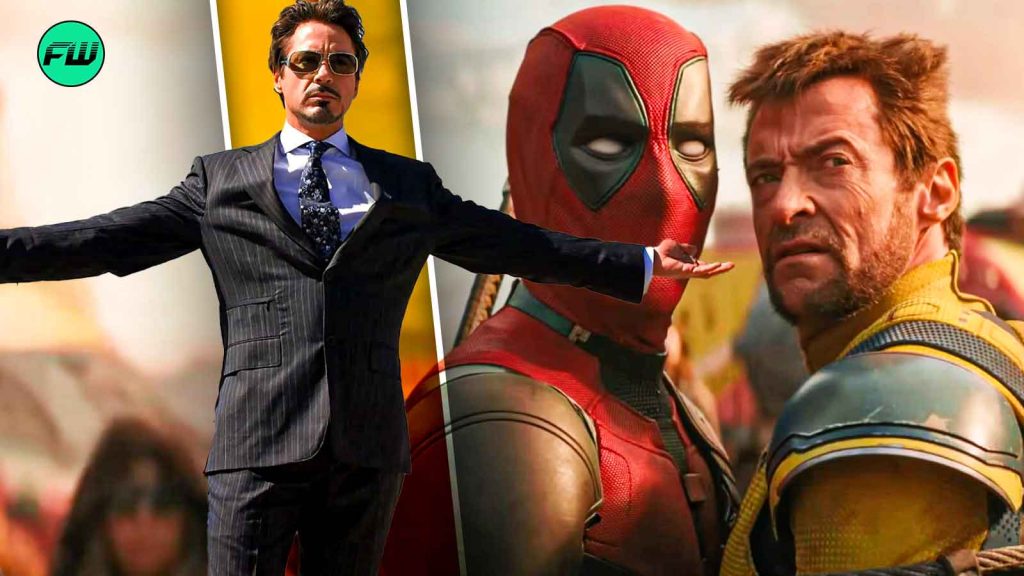Succession star Brian Cox seems to be the next industry veteran to have come out to criticize Marvel and DC films. In a recent panel discussion, the actor reportedly cited Deadpool & Wolverine’s success and said that cinema was in a bad place. The actor also compared it to a party.
The actor’s comments have irked many fans, who called out his hypocrisy as he featured in X2: X-Men United as William Stryker. Cox is one among the many in the industry to have spoken about the dangers of the superhero film being the only profitable genre in Hollywood at the moment.
Brian Cox Criticizes Ryan Reynolds’ Deadpool & Wolverine And Other Superhero Films
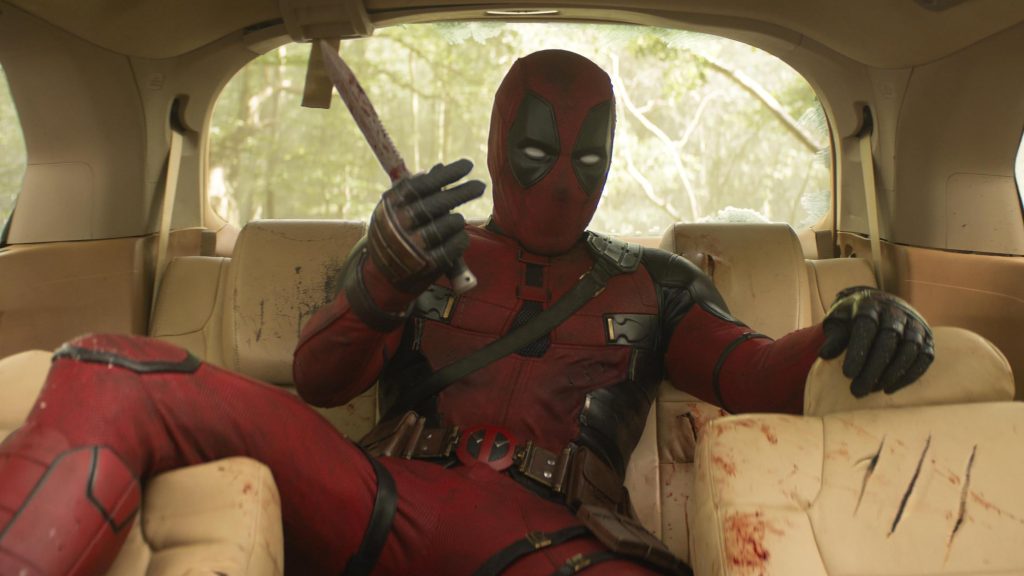
Ryan Reynolds’ Deadpool & Wolverine seems to have brought the Marvel Cinematic Universe back to life. With a little help from Hugh Jackman as Wolverine and a string of other cameos, the film beat Joker as the highest-grossing R-rated film of all time. Joker director Todd Philips congratulated the makers for this feat as well (via Instagram).
Amidst the victory, however, actor Brian Cox seemed to have been a buzzkill with his opinion on superhero films and their success. Citing Reynolds’ film as an example, Cox said that cinema had lost its place and that TV was doing a better job at building narratives while movies were busy churning out superhero films.
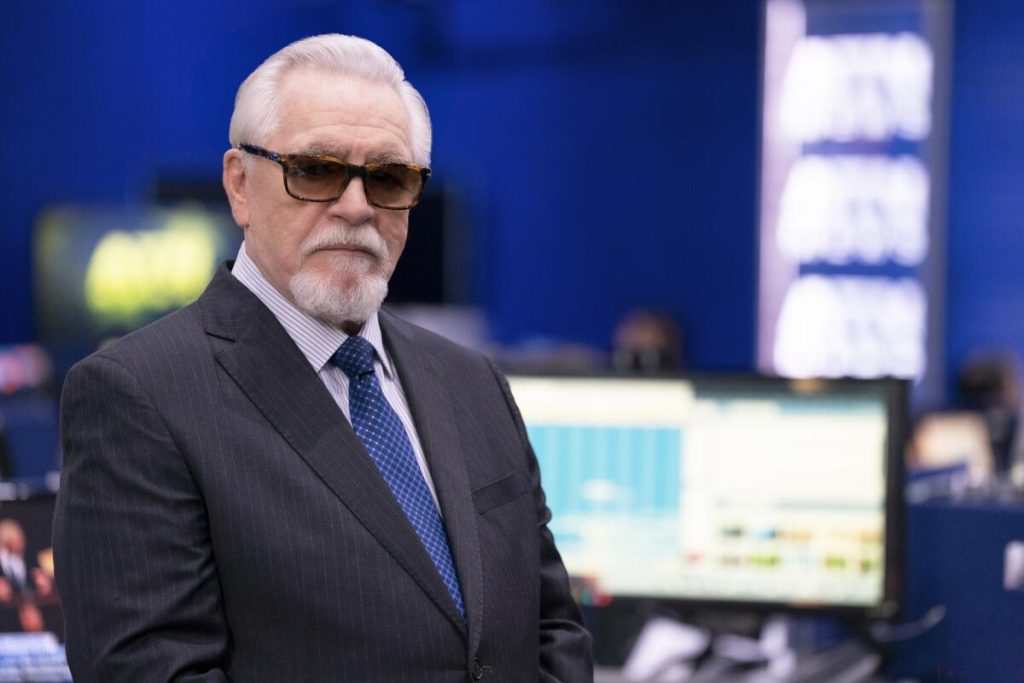
In a panel discussion at the Edinburgh International Film Festival, he said (via THR),
[Superhero films are] making a lot of money that’ll make everybody happy, but in terms of the work, it becomes diluted afterward. You’re getting the same old… I mean, I’ve done those kinds of [projects].
Cox also likened the films to parties and said that for actors it was party time, where they get to have fun and make a lot of money. He also said that he knew that actors like Hugh Jackman and Ryan Reynolds could do more in terms of performance but yet they choose such projects for the box office returns they get.
Fans Call Out Brian Cox’s Hypocrisy After He Starred In X2: X-Men United
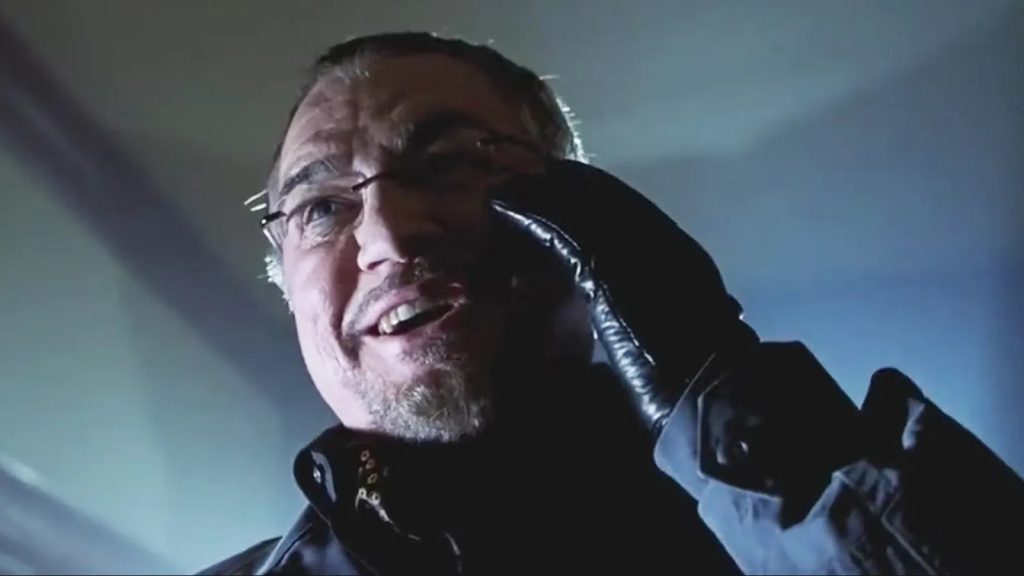
For the past few years, many industry veterans have come out and criticized the superhero genre, especially the Marvel Cinematic Universe. Martin Scorsese famously compared the films to theme park rides, sparking a host of conversations around the statement and the impact of the genre in the industry (via Variety).
However, fans were not pleased with Brian Cox’s criticism of the films, especially when he was already a part of the X-Men universe. Cox played the role of William Stryker, the man responsible for the creation of the Wolverine, in X2: X-Men United. He also lent his voice to Earl Garver in Superman: The Animated Series.
While Cox himself admitted he had done his fair share of such films and joked that he did not get any money for being the man who created the Wolverine, his opinion was not met positively by fans.

